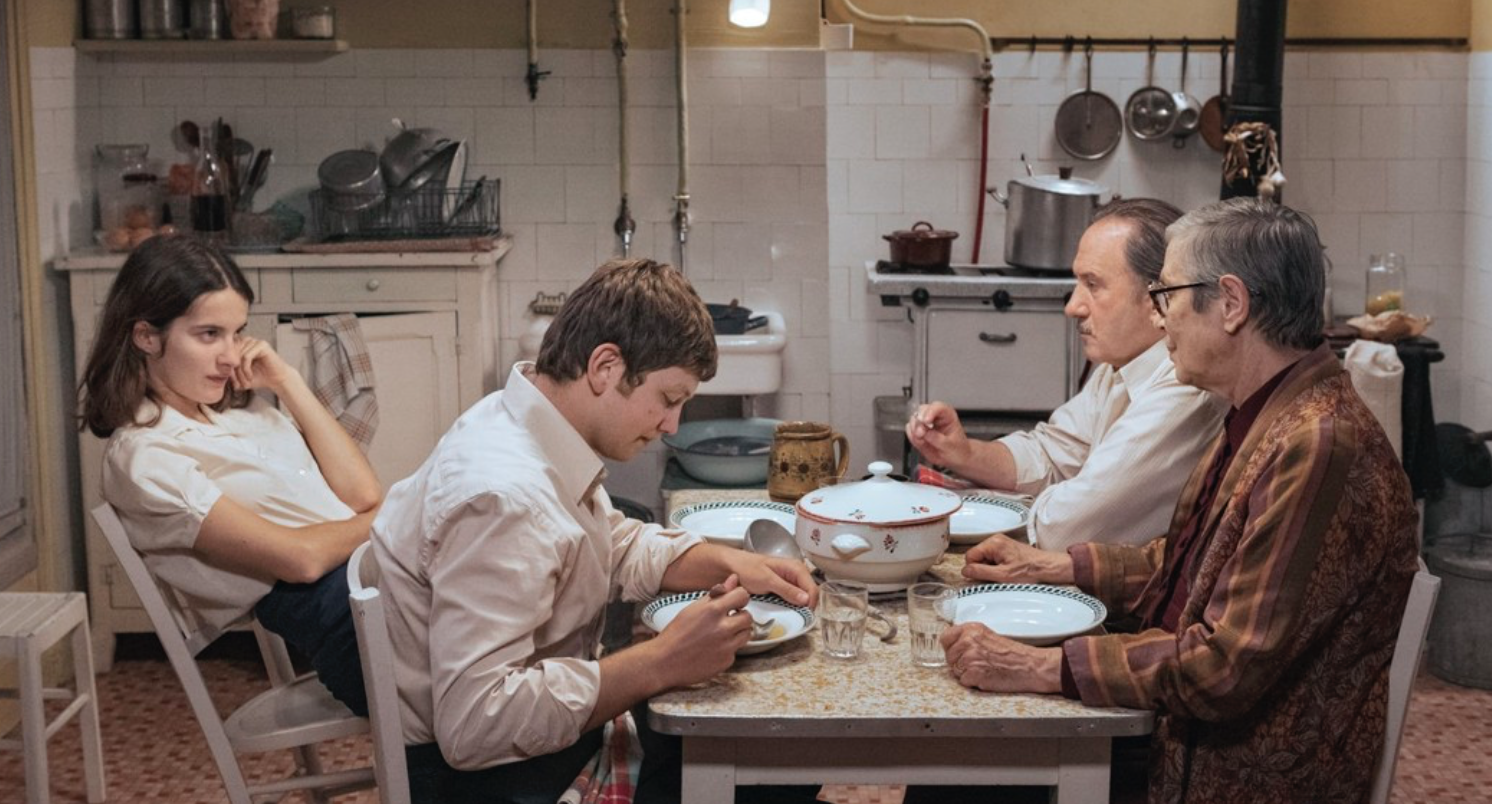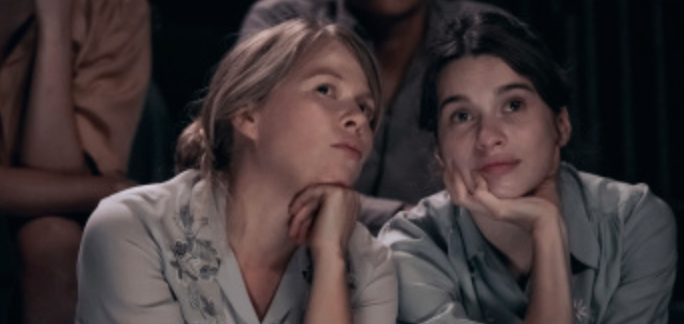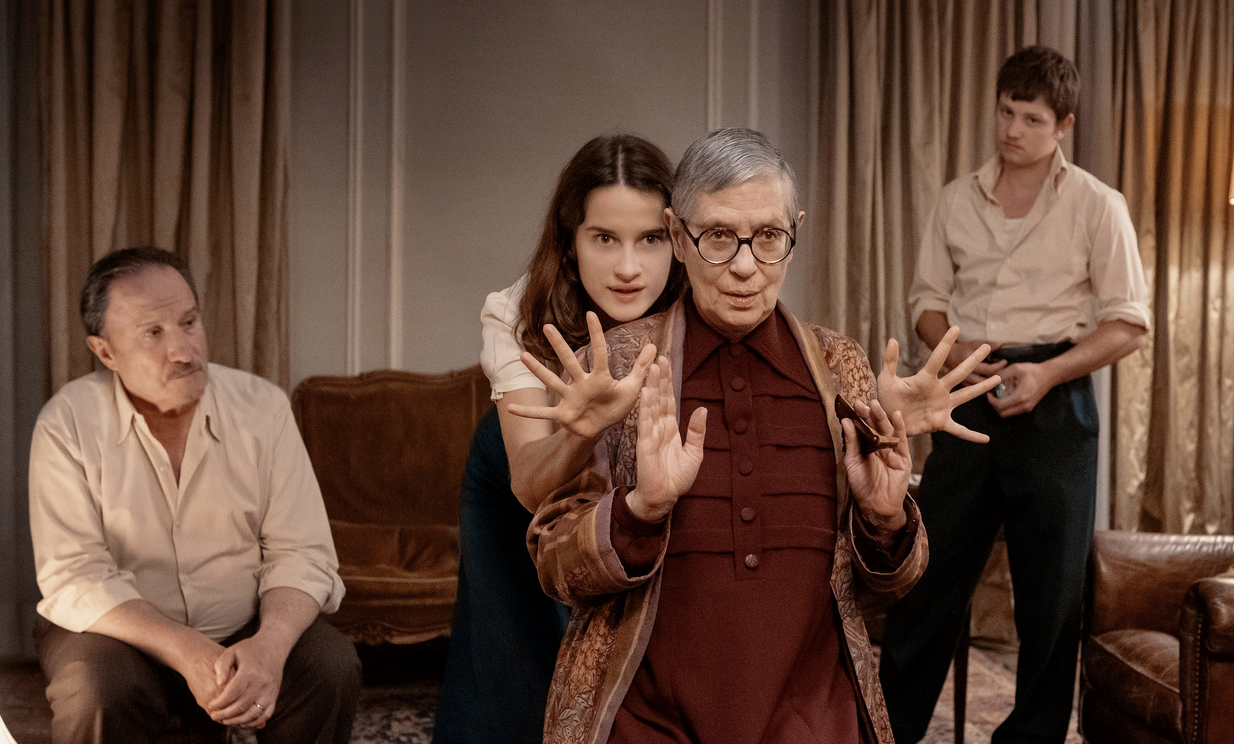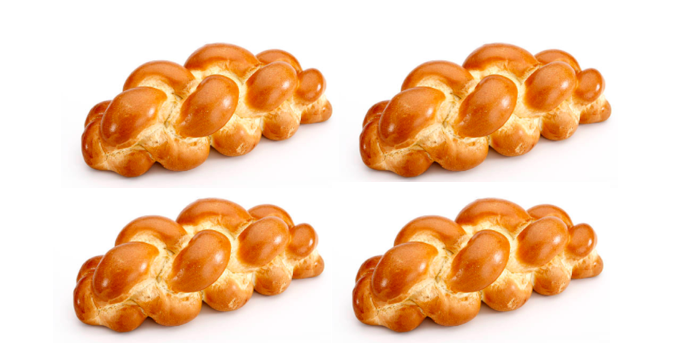Paris in 1942 – A Radiant Girl
By Sue Weston and Susan Rosenbluth – Two Sues On The Aisle
A Radiant Girl is unlike any other Holocaust movie. It is an intimate coming-of-age story for 19-year-old Irene (Rebecca Marder), as she prepares for an important audition, the camera focuses only on the actors. It starts so normally that we wondered if we were watching the right film. We form an immediate connection with Irene, an aspiring actress rehearsing for an audition that she hopes will change her life.
Slowly reality disrupts life, as Nazi-imposed sanctions are introduced in Paris.
Radiant Girl marks Sandrine Kiberlain’s debut as a writer/director, in it she explores the changes in society through the eyes of a typical French-Jewish family, inspired by Kiberlain’s family history. She imagines what daily life would have been for her grandparents and parents, “all Jews, who also wanted to become actors.”
The movie does not offer answers; instead, it presents situations. Irene maintains her youthful passion for theater, finding a way to audition even after the boy she had been rehearsing with suddenly vanishes. She falls in love. Her exuberance is contagious, almost allowing you to forget that this is Paris in 1942, and Irene is a Jewess.
Living Life to Its Fullest
Kiberlain presents Irene as carefree and joyful, bouncing from her classes to home, silently suffering from fainting spells that appear stress related. Irene is surrounded by a close family, consisting of her father, André (Anthony Bajon), brother, Igor (Anthony Bajon), and grandmother, Marceline (Françoise Widhoff), who gather nightly for dinners around the kitchen table and participate in performances staged by Irene in the living room. There is no mention of a mother. Yet we feel the family adjusted to fill her absence just as they will adjust to the new rules.

At dinner André (Anthony Bajon), Marceline (Françoise Widhoff), Igor (Anthony Bajon), and Irene (Rebecca Marder)
Only Marceline, her grandmother, appears momentarily disturbed by the restrictions that prevent her from shopping and require their passports to be stamped to indicate they are Jews. Yet, the family silently accommodates the changes, surrendering their radio, and bicycles, and wearing a yellow star on their clothes.
One wonders whether these accommodations are seen as a way to fit in while maintaining their Jewish identity, similar to their modified observance. Irene lights Shabbos candles, but they have adapted some customs. Friday night dinner includes a mixture of traditions, like dipping the apple in honey.
Sending A Warning
A Radiant Girl shows a family that bends without breaking, obeying the laws, and hoping they will pass until life returns to normal. Yet, we know from history the results of complacency.
With antisemitism increasing globally, Kiberlain reminds us that what happened then could happen today. Being born Jewish, even assimilated, can have grave and negative consequences, including being ostracized by friends and neighbors.
The movie builds up to the final scene, which is both tragic and mysterious…
*********
Two Sues on the Aisle bases its ratings on how many challahs (1-5) it pays to buy (rather than make) in order to see the play, show, film, or exhibit being reviewed.
“A Radiant Girl” received a 4 Challah Rating
Released by Film Movement; Run time: 98 minutes; French with English Subtitles








